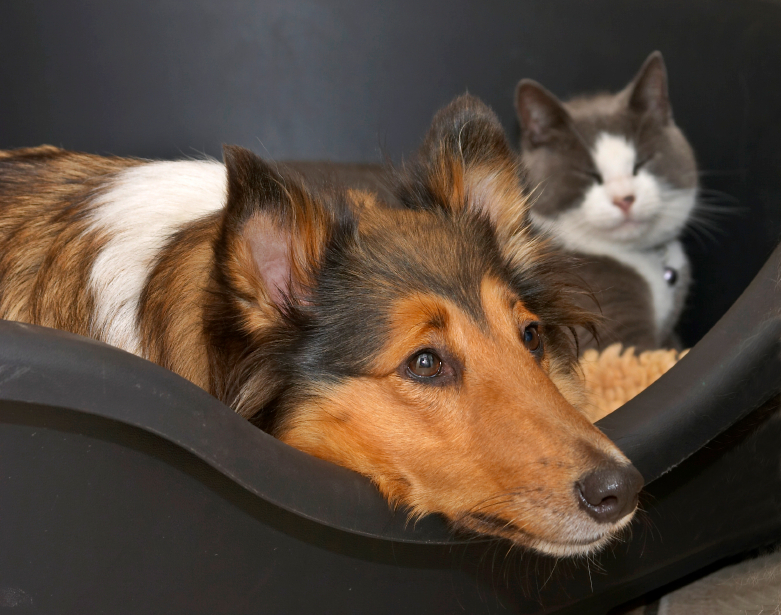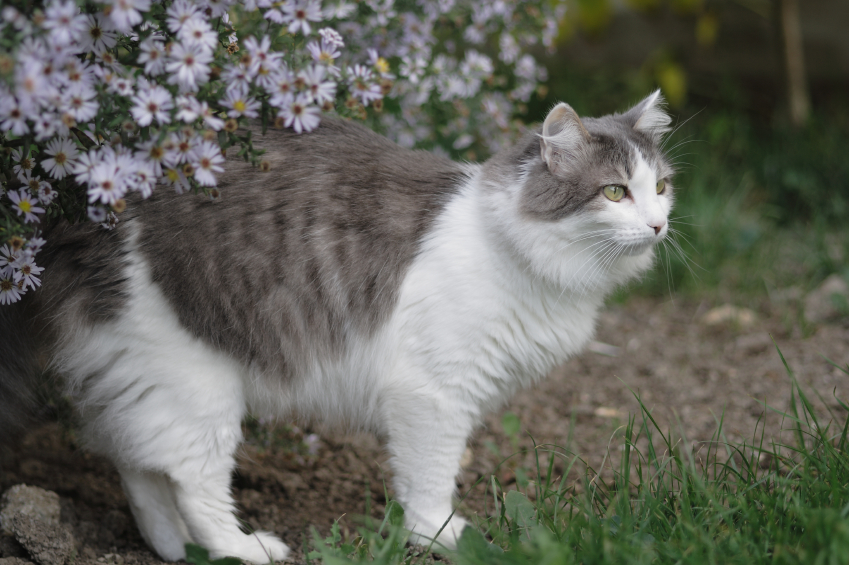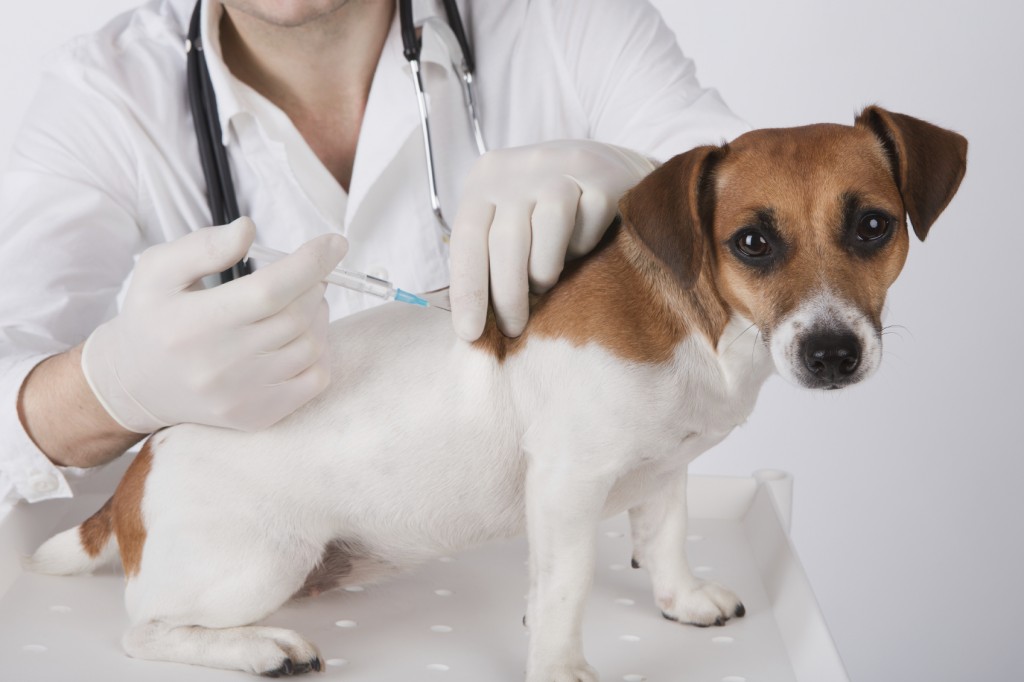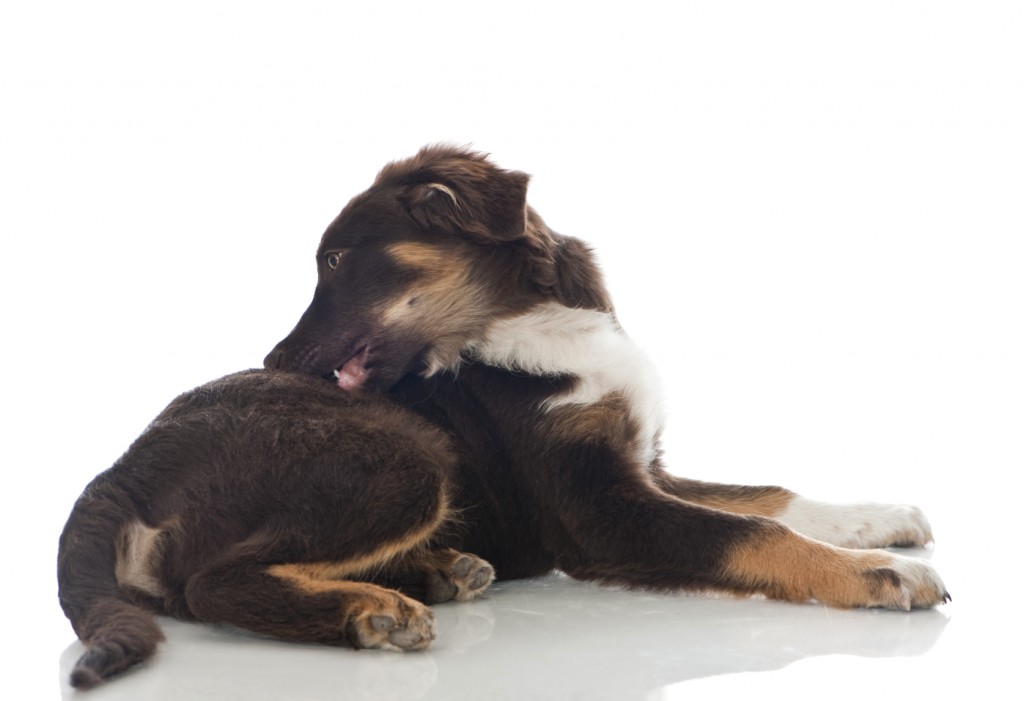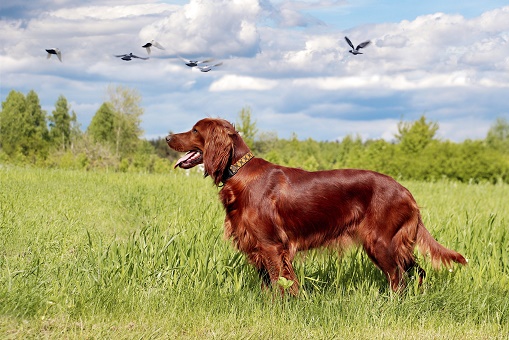Why do dogs eat grass?
4 April, 2018
If you’ve ever wondered…. Why do dogs eat grass? Well, there are a few reasons and we have outlined some of the common reasons below: Dogs will occasionally eat large amounts of grass to make themselves throw up. If they seek out any type of grass or weeds frantically then this is most often due to – 2.. Dogs may eat grass because they want to If your dog is very selectively picking out certain grasses and uses his front teeth to nibble and eat them. If they are not frantic and doing it almost with intention selecting a few…

























